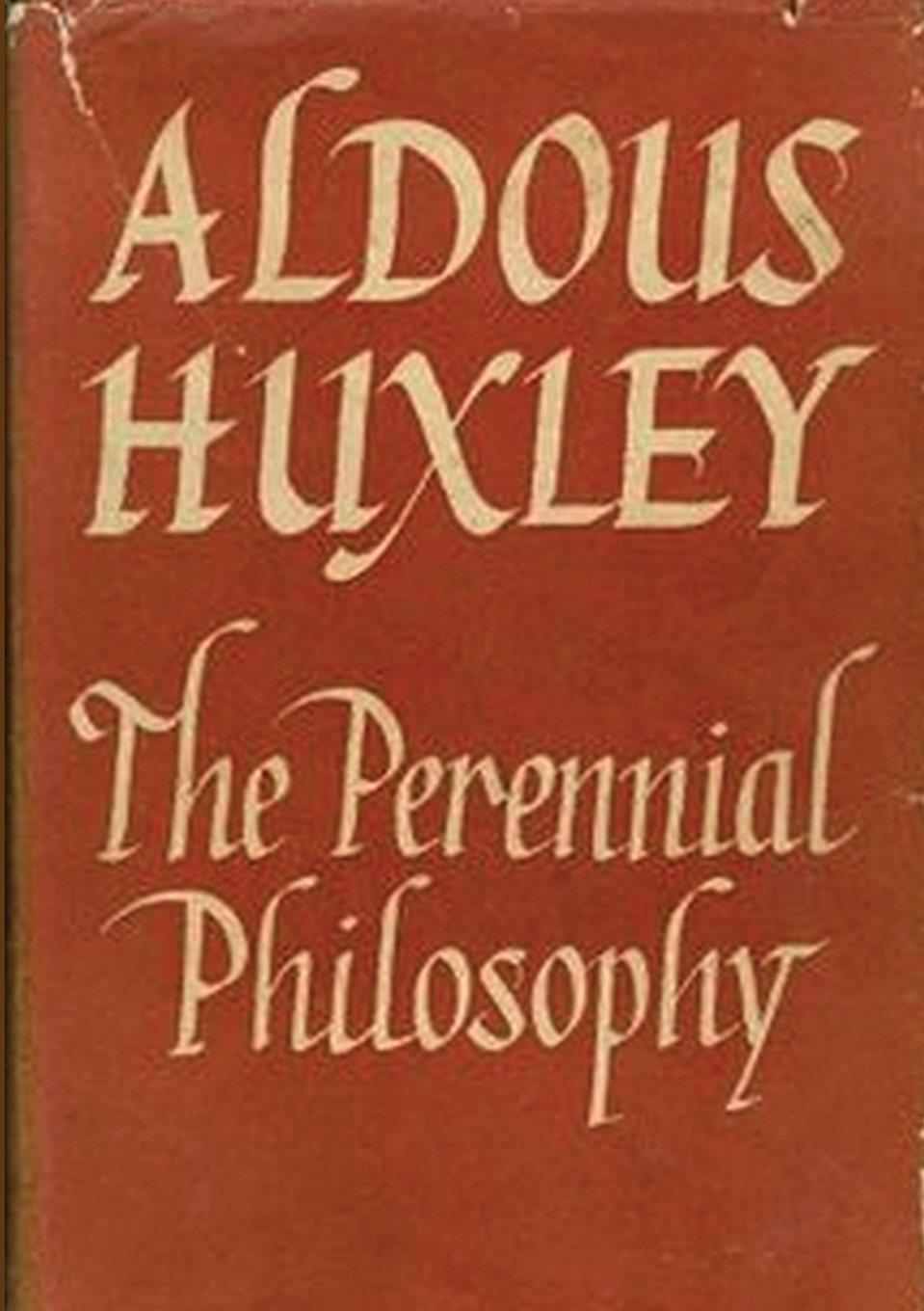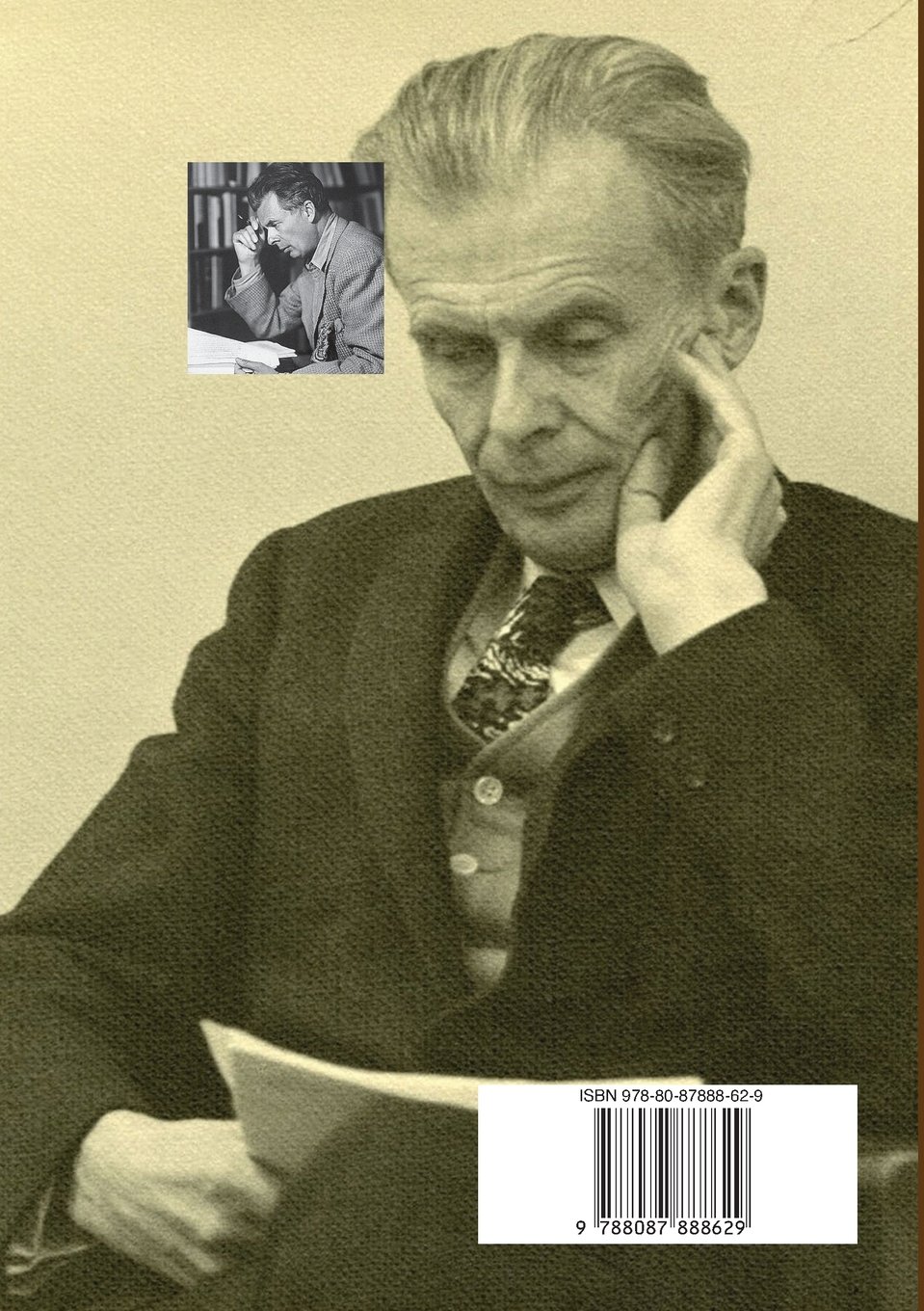Customer Services
Copyright © 2025 Desertcart Holdings Limited
Desert Online General Trading LLC
Dubai, United Arab Emirates




Full description not available
D**S
A world-view that transcends space and time
The Perennial Philosophy by Aldous Huxley, Harper & Brothers, 1945; HarperCollins 2009, 324 ff.The perennial philosophy refers to the spiritual truths that underlie human existence in all cultures through all time, transmitted through Jungian archetypes, the `morphic field' and the wisdom philosophies. The term `perennial philosophy' seems to have been used first as long ago as 1540 by the Italian humanist Agostino Steuco, and then by German mathematician and philosopher G.W. Leibniz in the 18th century.Aldous Huxley is perhaps best known for his novels, Brave New World and The Devils of Loudun, but this work is a non-fictional survey of aspects of spirituality. I cannot do better than to reproduce the author's own definition of his subject matter: `the metaphysic that recognizes a divine Reality that is substantial to the world of things and lives and minds; the psychology that finds in the soul something similar to, or even identical with, divine Reality; the ethic that places man's final end in the knowledge of the immanent and transcendent Ground of all being - the thing is immemorial and universal'.This book is a collection of writings on this enduring mystical theme, joined together by a commentary from Huxley. He compares the extracts he has chosen with the Shruti and Smriti of the Hindu religion: the Shruti depend upon direct perception of these universal truths accessed transcendentally by the sages or rishis while the Shriti are myths and tales that illustrate the moral teachings of the Shruti. The whole book is much more oriented towards the spiritual Hinduism and Buddhism of the East than the doctrinal religion of the West.In Chapter IV, God in the World, Huxley specifically berates humankind for its lack of respect for, and its exploitation of, the natural world and endorses communing with God through Nature. Respect for the trees, rocks and streams around us that has long since disappeared from western capitalism, at least until quite recently, has remained very much alive in Chinese and Japanese society: where western religious art depicts characters from scripture, Eastern art is full of reverent nature-painting. Huxley was always a keen supporter of environmental preservation and deplored the Brave New World we were creating.Chapter VI is about Non-Attachment and Right-Livelihood - about not letting the quest for material acquisitions and comforts and the turbulence of our daily lives disturb our equilibrium: certainly a message for our times. Huxley maintains however that the worship of Culture, for its own sake, is overblown. Novelty in the arts has become almost a god in its own right. Having said that, many writers of plays and novels indicated that they understood human psychology long before Freud.Chapter VII deals with the issue of truth. Whatever we say of the material world can only be an approximation of truth because its essence we can never truly know. And the same is true of statements about God: Huxley records the sayings of many sages endorsing the via negative - that nothing we say of God can begin to describe the qualities of the divine.Chapter IX on self-knowledge opens with a quote from Boethius: `In other living creatures ignorance of self is nature; in man it is vice'. This echoes Socrates' maxim: `the unexamined life is not worth living'. Many sages have told us that the greatest challenge of human life is to understand oneself.Chapter XII is on Time and Eternity and opens with the statement: `The universe is an everlasting succession of events; but its ground . . .is the timeless now of the divine Spirit'. The extracts and commentary then elaborate on this theme.Space prevents my summarising the themes of all 27 chapters, but this will give readers a good feel for the content and spirit of the book. One critic says the book is not about philosophy - but it is precisely that - religious philosophy. It is also criticised for not being a 'self-help' book. If after reading this you do not think about the meaning of life in general, and your own in particular, you must have read it with eyes open and mind closed. The Phenomenon of Man by Teilhard de Chardin Dr Howard A. Jones is the author of The Thoughtful Guide to God (2006) and The Tao of Holism (2008), both published by O Books of Winchester, U.K.; and The World as Spirit published by Fairhill Publishing, Whitland, West Wales, 2011.
D**N
The one and only
My hands are shaking as I write these very lines. Anything anybody could say about this opus magnum would only be a wink in the direction of its greatness.Since time out of memory, mankind has wondered what lies behind existence. What it means to exist and what lies beyond our senses and our short lives.Huxley points out that while this is the noblest, most important preocupation a being can have, the search for religious 'truth' has plagued our world with, at best, petty finger pointing between denominations, and, at worst, outright war and even genocide.Since the dawn of humanity, organised religions have denied that each individual has a personal path to salvation. This denial has been necessary for the survival of the relgious leaders who need as many followers as possible so that they can afford the luxurious headquarters that they are recognised by. (Sorry, of course, the headquaters are built for God!)Aldous Huxley, with a detached coolness that I can only wonder at, presents what an all too small minority consider common sense, backing it with quotes from mysics from all religions from Meister Eckhart to Jalal-uddin Rumi passing by William Law, Chuang Tzu and Srimad Bhagavatam. With these mystics (who, he insists, have experienced what they preach first hand)and many more exemplifying his premise, he exposes the fact that we each have our own 'way to salvation' or 'dharma', depending on our character, and even physiology. He also warns that our own dharma might not be the one imposed upon us by whichever 'spiritual' corporation has monopolised our part of the world.This is not to say that Huxley forsakes organised religion (that's just me...) He warns us against pure philosophy also. Philosophers lie on the other extreme from the church/mosque/temple goers who mumble their creed without understanding a word of it and who go home to preach the hate of their neighbour to their families, fearing God because they only know of the external God which is the only part of God they have been told about.The philosophers, on the other hand, have discovered God inside themselves and neglect the necessary other half of God which is external to themselves and which requires action, not mere understanding. Philosophers of this nature never fully realise the true nature of God which is in all things and in which all things are, and the little which they have, will even be taken away.Huxley presents a comprehensive observation of the world's spiritual condition, where it's been, where it's going to, and most importanly of all, he shows us the many paths to salvation while, once again, emphasising the fact that only one is right for each individual.For anyone who disagrees with anything I've just written, I have to add that Huxley's 'Perennial Philosophy' judges no-one, unlike my weak self, only giving factual insight into the workings of the world and what lies beyond.It's just so hard to believe that all this information has been packed into so few pages. A thousand life-times' wisom in one book of quotes and reflexions. That's real value for money. No other book, to my knowledge is as complete or readable.Spread the word!
M**O
ESSENTIAL HUXLEY WORK - MOST NEEDED BOOK IN THE WORLD
ESSENTIAL HUXLEY WORK on the religious, aesthetic, and mystical aspect of reality. Perennial Philosophy is a term coined by Leibniz meaning eternal DIVINE REALITY. Huxley brings together selections from world theologies and spiritually enlightened men and saints, mystics, and poets to illustrate aspects of this reality. Huxley structures his commentary on the basis of his selections of hundreds of examples from the world's Perennial Philosophies. This edition also includes an excellent essay by Huxley on the evolution of his religious thinking, where he discusses among other things why within the modern day paradigm, modern science ignores this reality - the religious and aesthetic part of reality - because it cannot use its partial mathematical concept of reality to anaylse this aspect of reality which cannot be quantified. Today's philosophical thinking of reality is overwhelmed by the partial competencies of science, which moreover presumes to offer a complete view of reality, yet which is severely partial and lopsided.This is an essential work, which gives a profound and well reasoned view into an invisible and omnipotent world which is actually the goal of every human life.When first published the New York Times said, "this is the most needed book in the world."
Trustpilot
1 month ago
3 days ago